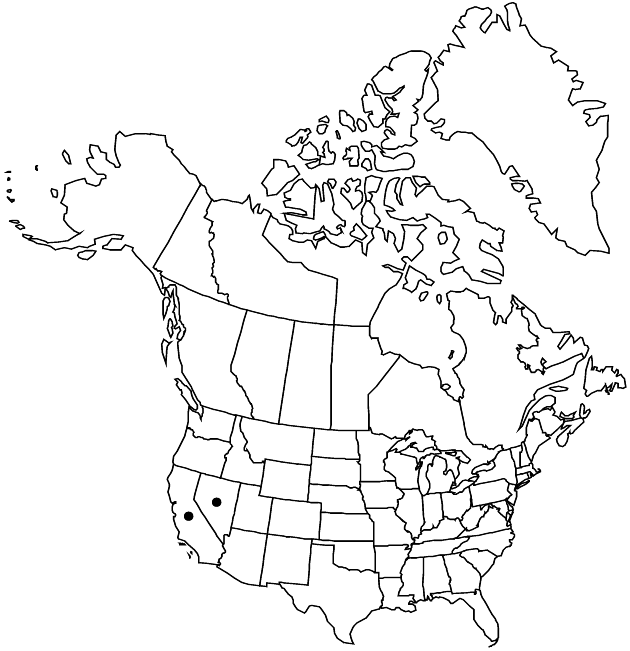Difference between revisions of "Perityle intricata"
SouthW. Naturalist 4: 204. 1959.
imported>Volume Importer |
imported>Volume Importer |
||
| Line 65: | Line 65: | ||
|publication year=1959 | |publication year=1959 | ||
|special status=Endemic | |special status=Endemic | ||
| − | |source xml=https:// | + | |source xml=https://bitbucket.org/aafc-mbb/fna-data-curation/src/2e0870ddd59836b60bcf96646a41e87ea5a5943a/coarse_grained_fna_xml/V19-20-21/V21_813.xml |
|tribe=Asteraceae tribe Heliantheae | |tribe=Asteraceae tribe Heliantheae | ||
|subtribe=Asteraceae (tribe Heliantheae) subtribe Peritylinae | |subtribe=Asteraceae (tribe Heliantheae) subtribe Peritylinae | ||
Latest revision as of 21:14, 5 November 2020
Perennials or subshrubs, 13–35(–40) cm; hirtellous. Leaves: petioles usually 0 mm; blades linear, 3–8(–15) × 0.2–1 mm; margins usually entire, rarely 1–3-lobed. Heads (2–6) in tight, corymbiform arrays, 4–6.5 × 3.5–5.5 mm. Peduncles 1–10 mm. Involucres campanulate. Phyllaries 3–4, linear or lanceolate to oblanceolate, 5(–5) × 0.5–1.2 mm. Ray florets 0. Disc florets 24–36; corollas yellow, tubes 0.5–1 mm, throats tubular, 1–1.2, lobes 0.4–0.6 mm. Cypselae oblanceolate, (1.5–)2.2–2.8 mm; margins moderately calloused, moderately to densely coarse-ciliate; pappi usually 0, sometimes of 1–2 bristles 1–2 mm, usually plus crowns of cilialike scales, rarely callous crowns. 2n = 38 ± 2.
Phenology: Flowering spring–fall (depending on rains).
Habitat: Limestone crevices, dry mountain slopes and canyons
Elevation: 800–1700 m
Discussion
Perityle intricata has been treated as a subspecies or variety of P. megalocephala. Now that more collections are available for study, it is evident that this taxon should be treated as a species. The linear leaves, tightly aggregated heads on relatively short peduncles, and densely coarse-ciliate cypsela margins separate it from P. megalocephala with its broader leaves, loosely aggregated heads on longer peduncles, and short-hairy cypsela margins. Where the two distributions overlap (southern Nye County), they are reported to appear distinct in the field, with P. intricata occurring at lower elevations than P. megalocephala.
Selected References
None.
